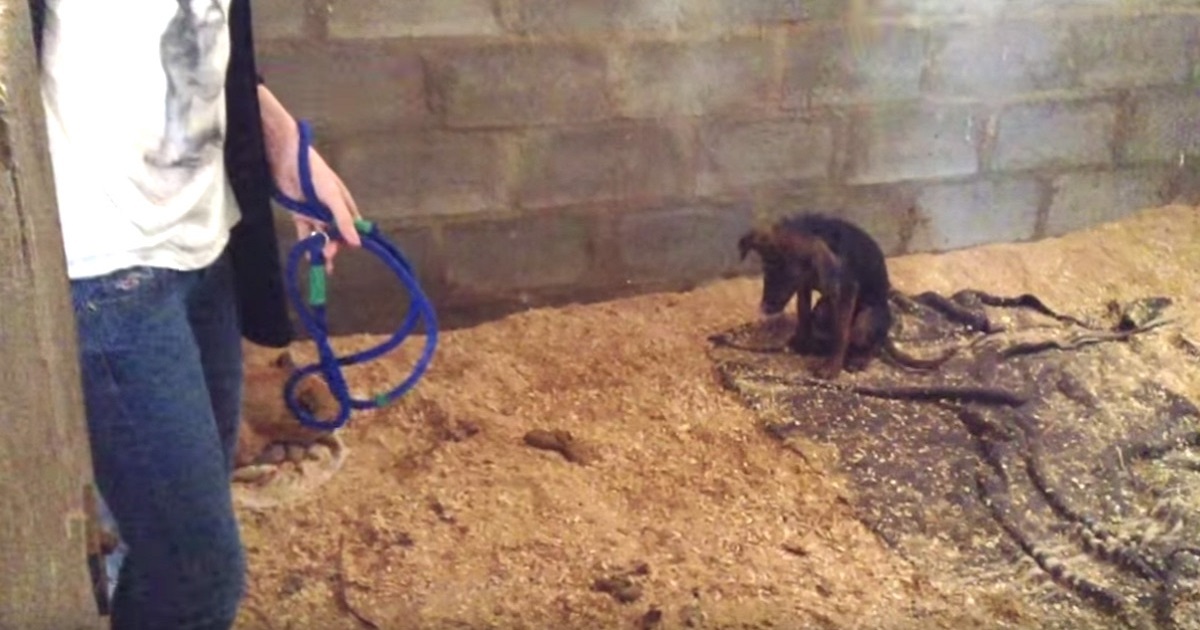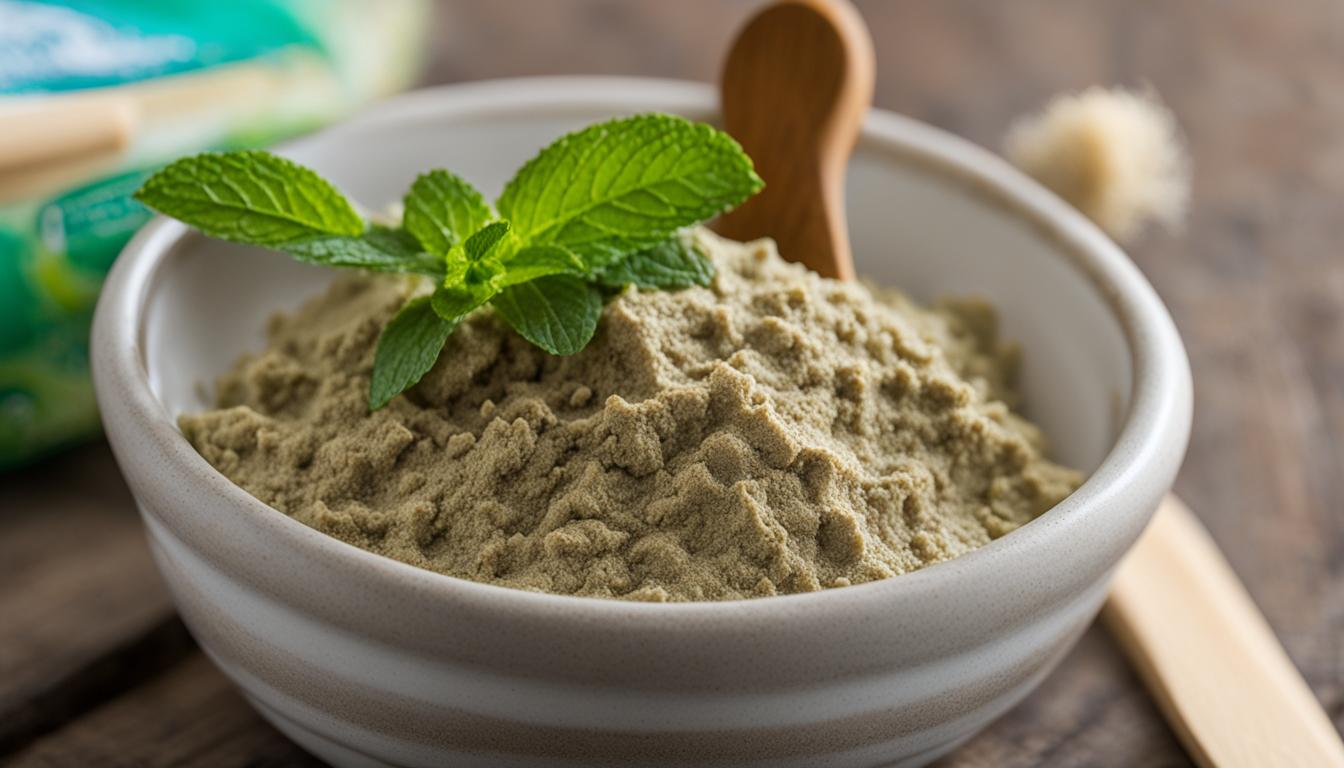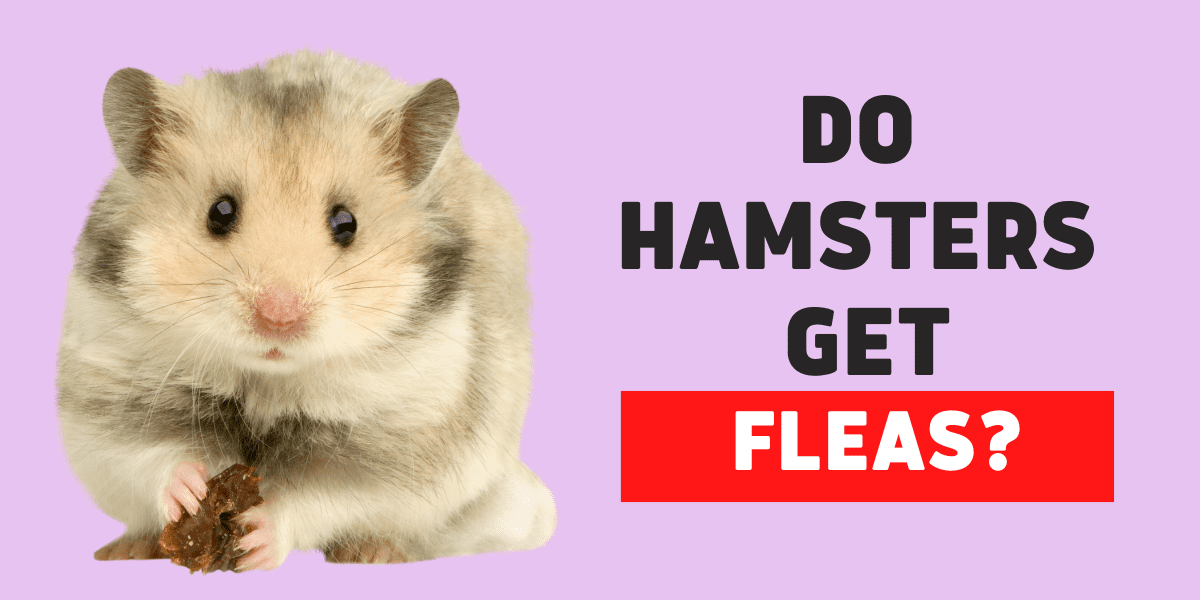Greetings fellow budgie enthusiasts! If you’re wondering about the dietary needs of our adorable feathered friends, you’ve come to the right place. Proper nutrition is essential for the health and well-being of budgies, and today we’ll explore what do Budgies eat and how their diets can be optimized for optimal health.
When it comes to budgie diets, it’s important to ensure a well-balanced and varied intake. While many bird food packages claim to provide “complete avian nutrition,” it’s crucial to note that no regulatory body certifies avian dietary products. Poor nutrition can lead to various health problems, such as obesity and iodine deficiencies, which can be particularly problematic for budgies. Therefore, it’s vital for budgie owners to educate themselves about veterinary-recommended diets for birds and provide a diet that includes a proper balance of carbohydrates, proteins, fat, vitamins, minerals, and water.
Seeds, while a popular choice among budgies, should only make up a small part of their diet. It’s recommended to gradually transition them to a pelleted diet, which provides a more comprehensive nutritional profile. Fruits and vegetables should also be included in their diet but in moderation. Fresh, clean water must be available at all times to keep our budgies hydrated and happy.
What Do Budgies Eat
- Budgies require a well-balanced and varied diet for optimal health.
- Seeds should only make up a small part of a budgie’s diet. Consider transitioning to a pelleted diet.
- Fruits and vegetables should be included in moderation.
- Ensure fresh, clean water is always available to budgies.
- Consult with a veterinarian knowledgeable about birds for specific dietary guidelines and concerns.
What Do Budgies Eat in the Wild?
In their natural habitat, wild budgerigars, also known as parakeets, have a diverse diet consisting of seeds, fruits, berries, and vegetation. Their food choices vary depending on the availability of food during different seasons.
Wild budgies often forage for food on or near the ground, feasting on different types of seeds as they come into season. This adaptive feeding behavior allows them to meet their nutritional needs based on the resources available to them in the wild.
Understanding what budgies eat in the wild can provide valuable insights when it comes to selecting appropriate foods for pet budgies. By offering a varied diet that mimics their natural food choices, we can help promote a healthier and more balanced nutrition for these beautiful birds.
Budgie Diet: Seeds vs. Pellets
Budgies have specific dietary needs that require careful consideration to ensure their health and well-being. When it comes to their diet, one common debate is between seeds and pellets. Let’s take a closer look at the pros and cons of each option.
Seeds: A Traditional Choice
Seeds are often the go-to choice for budgie owners due to their availability and familiarity. However, it’s important to understand that a seed-based diet alone may not provide all the necessary nutrients for your budgie’s optimal health.
Commercial seed mixes, while convenient, are typically high in fat and carbohydrates, which can lead to weight gain and other health issues. Additionally, these seed mixes might lack essential vitamins and minerals that are crucial for your budgie’s overall well-being.
Pellets: A Balanced Alternative
Pelleted diets offer a balanced nutritional profile for budgies and are specifically formulated to meet their dietary requirements. Unlike seed mixes, pellets contain a measured combination of carbohydrates, protein, fat, vitamins, and minerals.
By incorporating pellets into your budgie’s diet, you can ensure that they receive a well-rounded and complete source of nutrition. Pellets are designed to provide the nutrients that seeds may lack, promoting better overall health and reducing the risk of nutrient deficiencies.
Transitioning to Pellets
If your budgie is currently on a seed diet, it’s recommended to gradually introduce pellets into their feeding routine. Begin by offering a small amount of pellets alongside their regular seeds and gradually increase the proportion of pellets over time.
Remember, budgies can be picky eaters, so it may take some patience and creativity to encourage them to try pellets. One effective method is to scatter pellets on a foraging toy or hide them within paper cups for budgies to discover, mimicking their natural foraging behavior.
It’s important to monitor your budgie’s health and consult with a avian veterinarian during the transition process. They can provide guidance tailored to your budgie’s specific needs and ensure a smooth switch to a pellet-based diet.
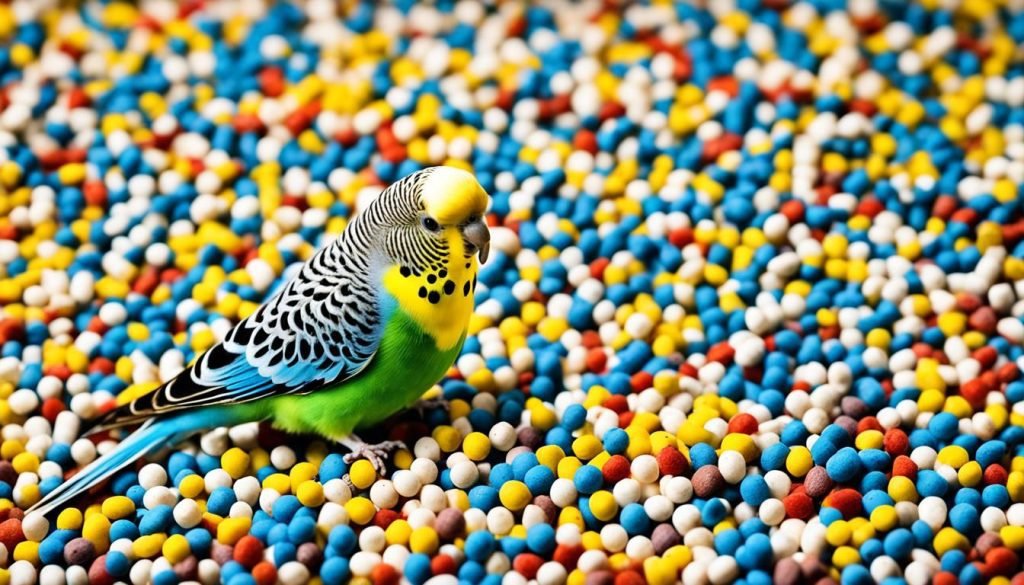
While seeds are a familiar choice, a complete and balanced diet for budgies should include a significant portion of pellets. By gradually transitioning from a seed-based diet to pellets, you can provide your budgie with the essential nutrients they need for optimal health and well-being.
Adding Fruits and Vegetables to a Budgie’s Diet
When it comes to the diet of budgies, incorporating fruits and vegetables is essential for providing them with important vitamins and minerals. However, it’s important to note that these should only make up about 20-25% of their daily intake due to the high sugar content. Fortunately, there are several nutritious options to consider:
- Dark green vegetables: Vegetables like kale and broccoli are packed with nutrients that can benefit your budgie’s health.
- Orange-colored vegetables: Carrots, which are high in beta-carotene, are another great option to include in their diet.
- Fruits: While fruits should be offered as occasional treats due to their sugar content, options like apples, grapes, and mangoes can be enjoyed by your budgie.
Remember to wash the fruits and vegetables thoroughly, cut them into small pieces, and offer them in a separate dish to ensure your budgie can easily access and consume them. And of course, fresh, clean water should always be available to your feathered friend.
If you have any concerns about your budgie’s diet, it’s always a good idea to consult with a veterinarian who specializes in avian care. They can provide valuable guidance on budgie diet supplements and ensure that you’re following the appropriate Budgie diet guidelines.
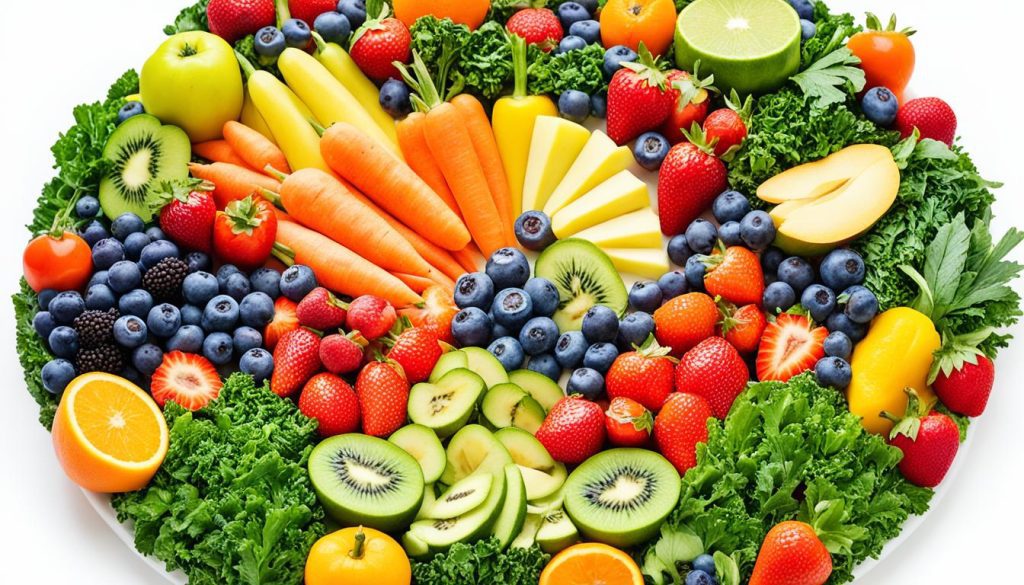
Conclusion
Providing a healthy and balanced diet is crucial for the well-being of budgies. As responsible owners, we should prioritize their nutritional needs to ensure their optimal health and longevity.
To meet their dietary requirements, it is recommended to gradually transition our budgies from a seed-based diet to a pelleted diet. Pellets offer a well-rounded nutritional profile and should make up the majority of their daily intake.
In addition to pellets, it is important to include fruits and vegetables in their diet. These provide essential vitamins and minerals that contribute to their overall well-being. However, it is crucial to offer them in moderation, making up no more than 20-25% of their daily intake due to the high sugar content.
To maintain their health, fresh and clean water should always be readily available. Consulting with a veterinarian knowledgeable about birds is highly recommended to ensure that our budgies receive appropriate nutrition and any specific dietary needs or concerns are addressed.
By following a budgie feeding guide and providing a healthy diet, we can play an active role in promoting the well-being of our beloved budgies. Taking care of their nutritional needs will contribute to their overall health and happiness, enriching our bond with them.



